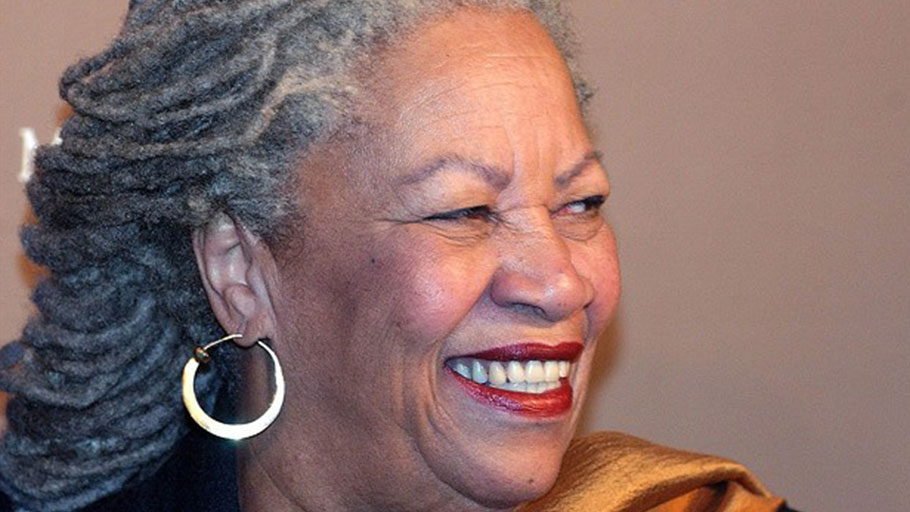
Toni Morrison (February 18, 1931 — August 5, 2019) By Herb Boyd — “We die,” Toni Morrison said at the conclusion of her Nobel Prize address in 1993. “That may…

Toni Morrison (February 18, 1931 — August 5, 2019) By Herb Boyd — “We die,” Toni Morrison said at the conclusion of her Nobel Prize address in 1993. “That may…

Two differently themed books complement each other; one on the rise of white power at home and the other on anti-communist adventures abroad show the domestic scourge nurtured by foreign experiences even as the global Right employed its services. By Thomas Meany, London Review of Books — In the spring of 1975, as America’s war in Vietnam drew to its grim conclusion, a new magazine targeted readers who did not…
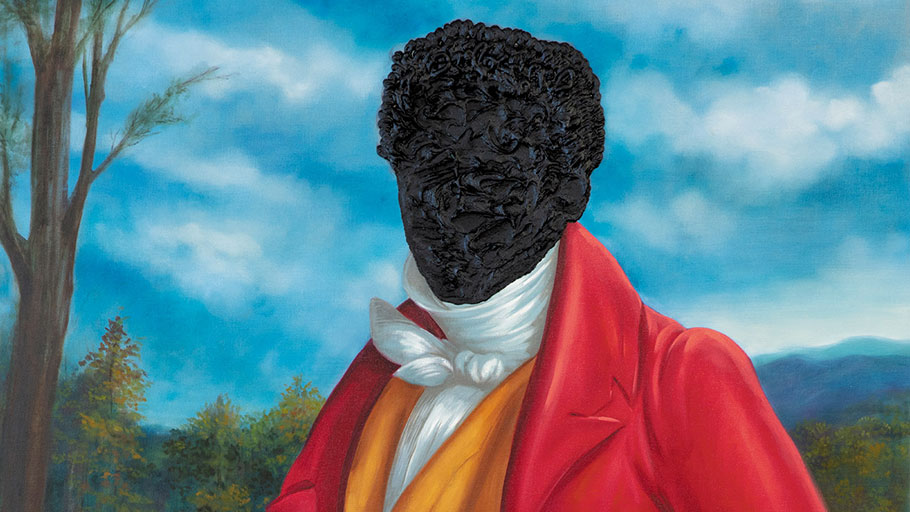
By Nicholas Guyatt — Were the Founding Fathers responsible for American slavery? William Lloyd Garrison, the celebrated abolitionist, certainly thought so. In an uncompromising address in Framingham, Massachusetts, on July 4, 1854, Garrison denounced the hypocrisy of a nation that declared that “all men are created equal” while holding nearly four million African-Americans in bondage. The US Constitution was hopelessly implicated in this terrible crime, Garrison claimed: it kept free…
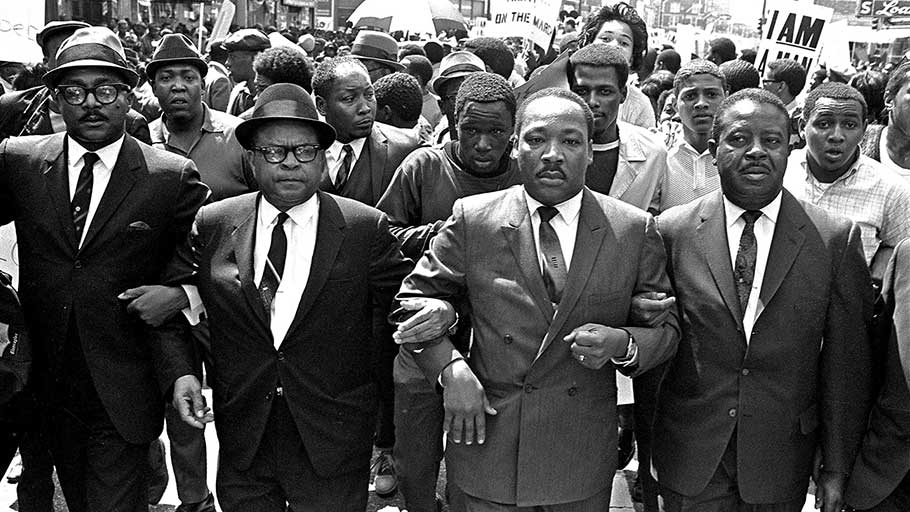
By Robert Greene II, The Nation — Gone was the optimism of 1963. It had been replaced by a sense of disillusionment, a sense of urgency that America was about to lose the last chance to have its soul.” This was how Jet magazine described the climax of the Poor People’s Campaign, which reached Washington, DC, in the tumultuous summer of 1968. For Jet and for many early civil-rights activists, the Poor People’s Campaign…
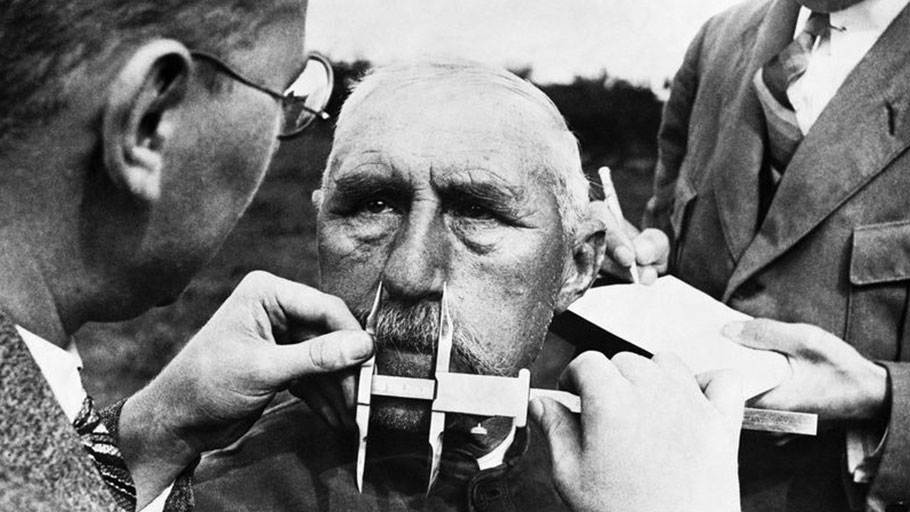
A new book explores how racist biases continue to maintain a foothold in research today By Ramin Skibba, Smithsonian — Scientists, including those who study race, like to see themselves…

By Julianne Malveaux — We hear the words “national emergency” so often from the bloviator that masquerades as a President that we forget what an emergency really looks like. One…
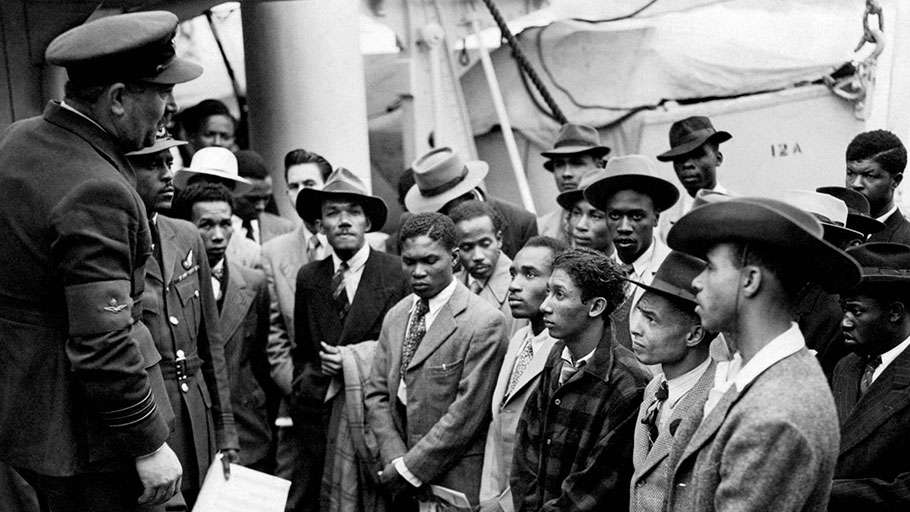
How Staying Power shook British history. When it was published in 1984 Staying Power vividly captured the struggle for black British identity. Nearly 35 years on it still has lessons to teach. By Gary Younge, The Guardian — “The very serious function of racism is distraction,” Toni Morrison argued in a lecture in Portland, Oregon, in 1975: It keeps you from doing your work. It keeps you explaining, over and…
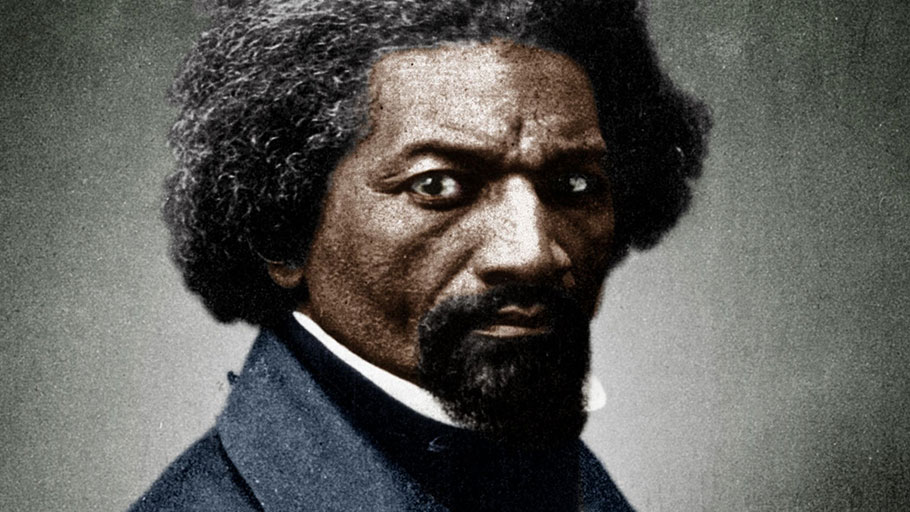
‘At first I didn’t want to,’ says the author of this magisterial biography of the great abolitionist, ‘it was so daunting’ By Martin Pengelly, The Guardian — David Blight arrives…

By Michael Tomasky, The New York Review — The Embattled Vote in America: From the Founding to the Present by Allan J. Lichtman Harvard University Press, 315 pp., $27.95 If you grew up, as I did, in the 1960s and 1970s, watching (albeit through a child’s eyes) the civil rights movement notch victory after victory, you could be forgiven for thinking at the time that that happy condition was normal.…

By Ashleigh Lawrence-Sanders, AAIHS — The familiar refrain after the Emmanuel AME massacre on June 17, 2015, was that Dylann Roof, the murderer, was not from “here.” But as Ethan Kytle and Blain Roberts’ Denmark Vesey’s Garden: Slavery and Memory in the Cradle of the Confederacy aptly demonstrates, Roof’s understanding of history and memory in Charleston led him to that church; and his understanding was not alien to the sometimes violently, oft-contested memory of slavery in the…

Yale professor Jason Stanley enters a growing literary field with a sober examination of an inflammatory political concept. By Tom McCarthy, The Guardian — One of the insidious ironies of fascist politics, the philosopher Jason Stanley writes in his arresting new book, is that talk of fascism itself becomes more difficult because it is made to seem outlandish. The normalization of the fascist myth “makes us able to tolerate what was once…

Trump and his ilk are channeling a noxious strain of patriotism that creates a nostalgia for a past that never existed. By Robert Scheer, Alternet / Truthdig — In a compelling…